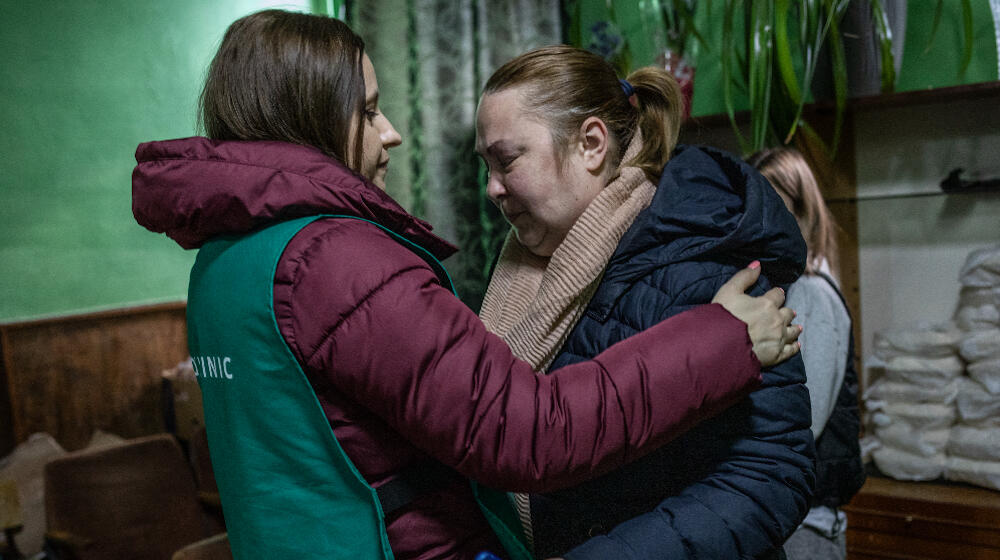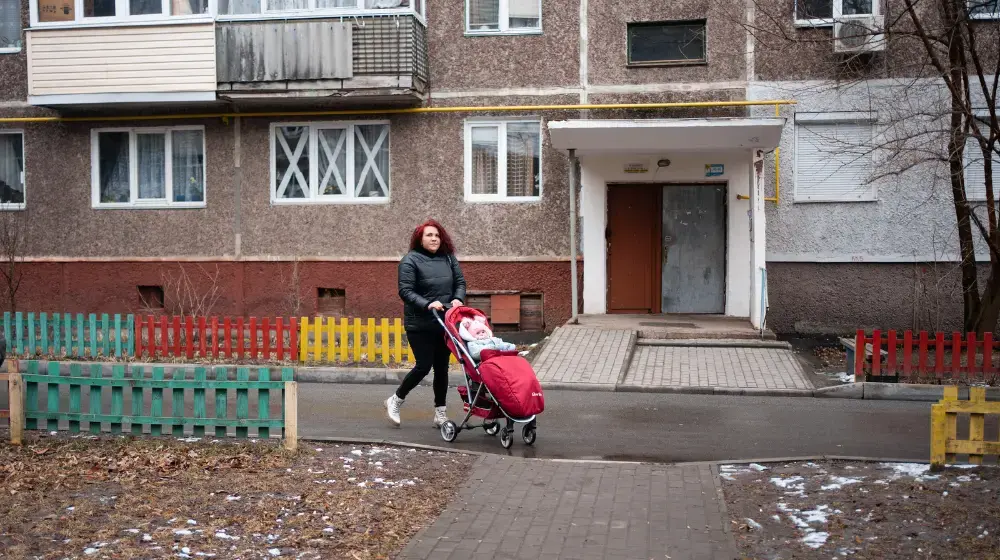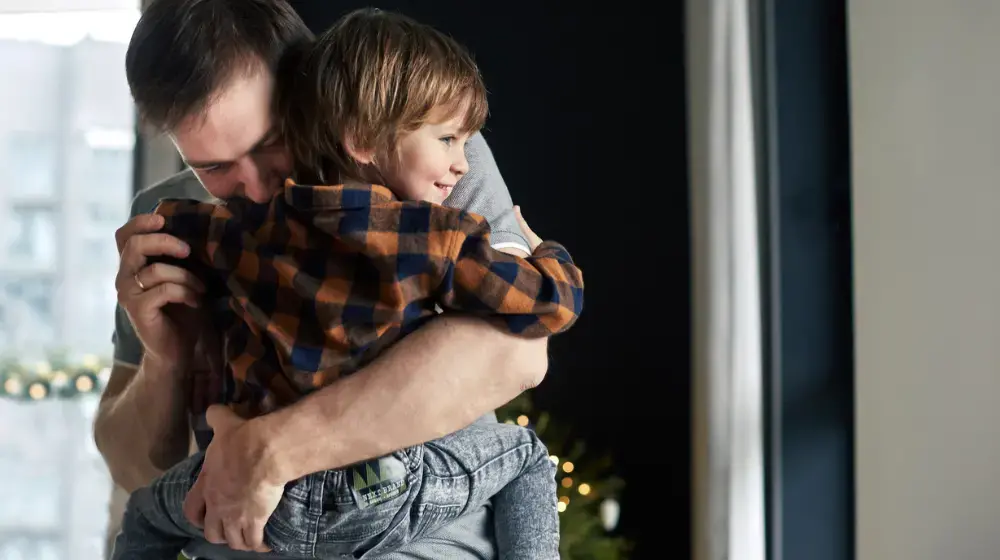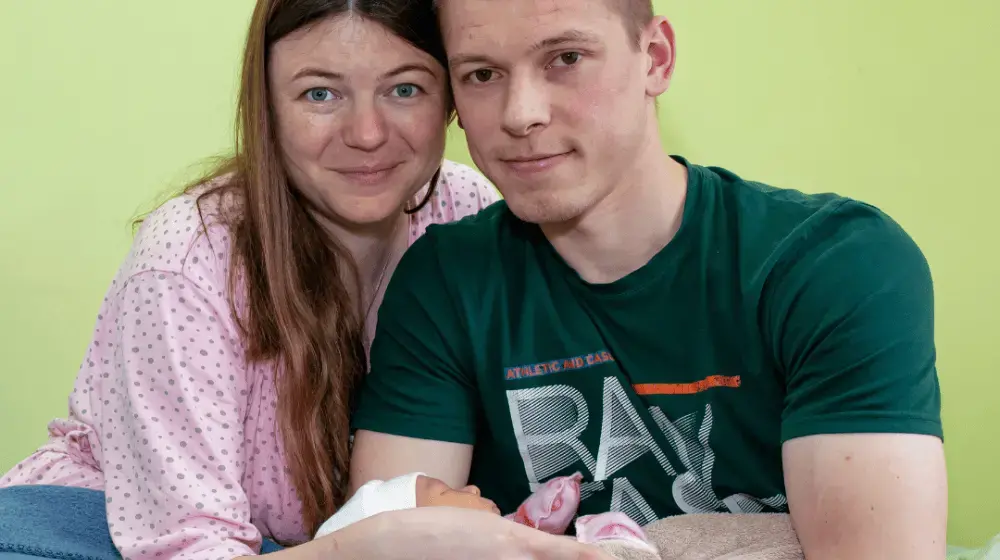CHIŞINĂU, Republic of Moldova – On a recent day in the capital, psychologist Natalia Gandrabur was not where she usually works – a Youth Friendly Health Clinic that is part of a UNFPA-supported network of 41 such clinics across the country providing psychosocial support among other services. Instead, she was visiting two placement centres that have been established in a former cinema and a university dormitory for refugees that have streamed in from Ukraine since Russia invaded a month ago.
“They have fears and anxiety. Some cry, some cannot sleep, some have unhealthy reactions to noises – especially the children. The war trauma hunts them all,” Dr. Gandrabur said. “They ask, ‘Why us?’, ‘What have we done wrong?’ and ‘Will we be able to return home?’ They don’t know where to go or whether to go to another country or stay here.”
According to the United Nations Refugee Agency, more than 3.6 million people have fled Ukraine since 24 February. More than 370,000 have entered the Republic of Moldova, per the Ministry of Internal Affairs, and some 100,000 have stayed as others moved on to Romania and other countries. UNFPA has provided information materials and 2,000 hygiene kits that include such essentials as antibacterial soap, toothpaste, laundry detergent, menstrual products and masks to six Youth Clinics in Chişinău, which are distributing them to women in refugee centres.
Wearing a green UNFPA and Youth Clinic vest over her plum-colored puffy coat, Dr. Gandrabur spoke to Nadia as her two children, Yaroslav, 12, and Zlatoslava, 7, molded colored clay at one
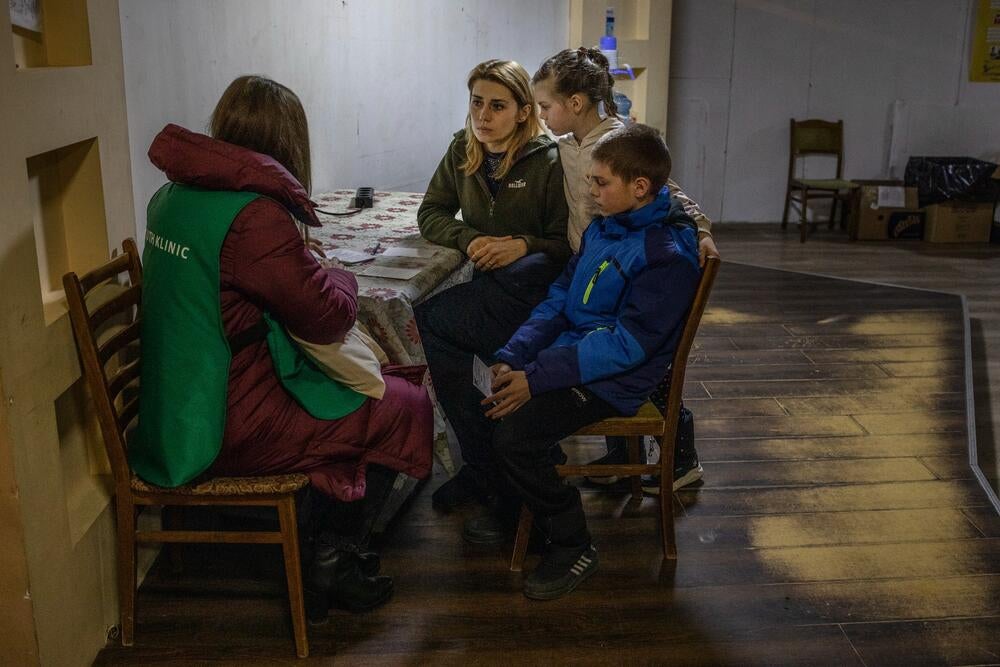
©UNFPA/Siegfried Modola
location and Olga, who is staying with her 10-year-old son at another. “Wives and mothers crossed the border alone and have a lot of fears for their husbands who stayed and about how to deal on their own,” said Dr. Gandrabur, one of 45 psychologists and social workers meeting with refugees. “The 10-year-old is traumatized. He doesn’t interact with kids of his age or sometimes even with his mother. When she cries, he gets worse.”
The “kind, caring” support has been comforting to Olga. “Her advice is helping us out of the state of fear and powerlessness,” she said.
In such cases that need more support, she encourages refugees to come to the clinics, which also provide consultations with gynaecologists, dermatologists and urologists. Refugees are also looking for logistical information like where to get a passport and how to help relatives still at the border make their way to safety.
“They came with the hope that all this would end and they would regain their lives,” said Dr. Gandrabur. “But they understand there is no end soon.”

